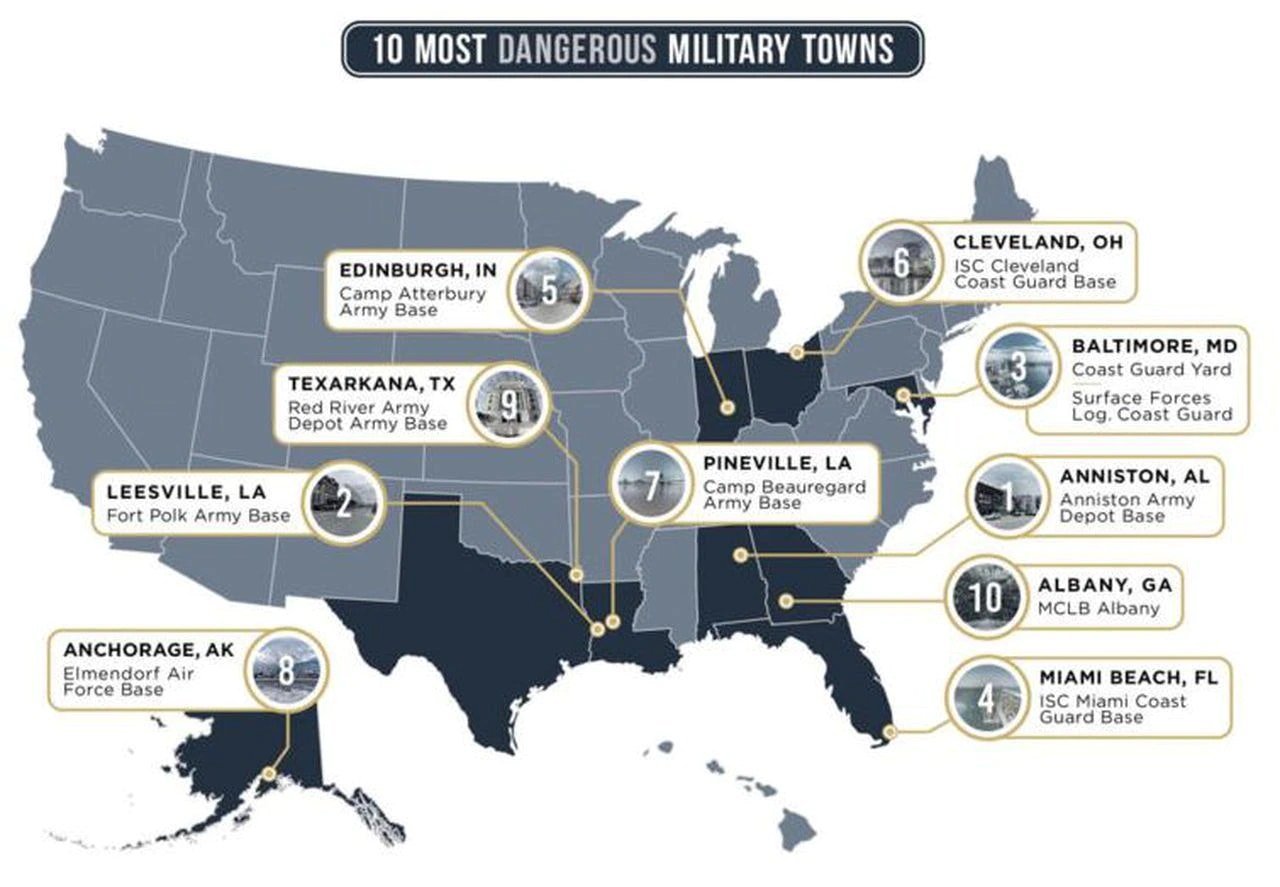Jesus’ Hometown
Your hometown says a lot about you, both good and bad. When people know where you come from before they can form opinions about you before they even meet you. This is what happens when Philip’s friend Nathanael, referring to Jesus’ hometown, asks, “Can anything good come out of Nazareth?” (John 1:46) As a young paratrooper at Fort Bragg, NC I was warned every Friday against straying too far from base, “There ain’t nothin but trouble in Fayetteville!”
It’s easy to judge a book by its cover when that information is freely accessible, like with servicemembers, whose military files, including their home of record, are matters of public record. But accessibility does not translate to understanding, and what modern Christians fail to see is that the city’s poor reputation disguised a lofty Biblical heritage. So what made the Holy Family’s home of record so unique? It was a military community, one they loved as much as civilians loved to hate.
Palestine is and has been infamous for its shifting and contested borders. According to the Romans of the first century, it was a part of the Province of Syria, which explains why it was patrolled by local auxilia rather than elite legionarii. A brief but inspiring period of independence secured by the Maccabean rebellion would have rekindled devout Jews’ Biblical imagination. The tribal allotments of Joshua 19 would have been top of mind for Mary and Joseph’s generation.
As a descendant of David, Joseph’s ancestral land would have been in Judah, but only Quirinius’ census compels him to return and, when he does, his family only goes as far as the border town of Bethlehem. Mary, as a blood relative (syngenes, G4773) of Elizabeth, belonged to the landless, priestly tribe of Levi (Luke 1:5). Nazareth was dead center in the land of Zebulun, the commando clan of Israel.
When Jesus is ready to begin his ministry, he leaves his hometown for Capernaum, “in the territory of Zebulun & Naphtali.” (Matthew 4:13) He actually leaves Zebulun for Naphtali, but the two often get clumped together because they frequently fought side by side as the vanguard of the twelve tribes of Israel.
Zebulun, whose name means “honor” (zaval, H2082) was the youngest of Leah’s six boys by the patriarch Jacob. Naphtali (naftul, H5319), the youngest of Bilhah’s two boys, foreshadows his father as a victorious “wrestler.” After the successful campaign under Joshua to take the promised land, the two tribes become neighbors, with Naphtali as the northernmost tribe, above the Sea of Galilee, and Zebulun occupying land just south and west of their more numerous battle buddy.
Tribal lands of Zebulun & Naphtali, with Biblically significant sites added over a Google Maps image.
The oldest part of the Hebrew Bible, the Song of Deborah, describes how the two tribes “scorned death” (Judges 5:18) at Mount Tabor against the forces of Sisera. Gideon calls on them (6:35) to fight “near the hill of Moreh” (7:1), where they prevail against the Midianites despite being impossibly outnumbered. These victories continued to inspire the people centuries later, from the prophet Isaiah to the evangelist Matthew.
Jesus seems to prefer the land of these troop-heavy tribes not because Israel worshipped their soldiers but because they sympathized with the broken-hearted. In Isaiah 9, Zebulun and Naphtali, whose bloodstained boots once tramped all over Israel’s enemies, have been consigned to live “in a land of deep darkness” (Isa. 9:2). Their mighty deeds “on the day of Midian” (Isa. 9:4) are recalled through the curse of hindsight, after the dust has settled and the stresses of combat have set in.
HOW DID THE BEARERS OF ISRAEL’S MARTIAL STANDARD GO FROM PROUD PATRIOTS TO VICTIMIZED VETERANS?
Israel’s stature peaked under the unified kingdoms of Saul, David, and Solomon. Once the kingdom became divided, they fell back into chaos and infighting with leaders often competing for power. This left tribes on the margins of Israel particularly vulnerable to enemy attack, including Zebulun and Naphtali. They were the first to be carried off into exile in Assyria in the eighth century BCE, where Isaiah says they languished in a land of deep darkness. Perhaps the tragic irony that the first to be overcome were the most skilled soldiers is what drove Israel to regard them as such an embarrassment. Although the prophet watched as eight other tribes were scattered by Assyria, it was Zebulun and Naphtali in particular who were “brought into contempt” (Isa. 9:1).
The good news for military communities like them was that the humiliation heaped upon defeated soldiers is precisely where Jesus chooses to begin his earthly ministry.


